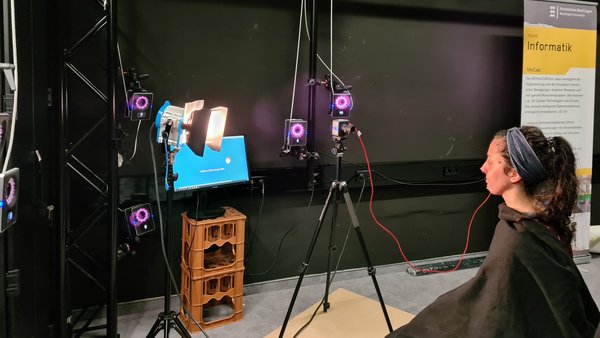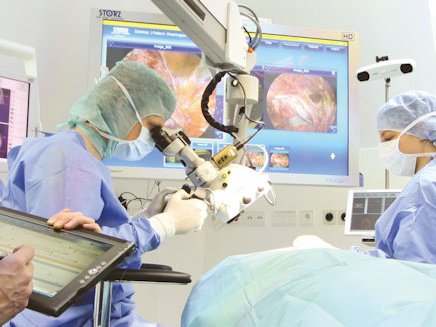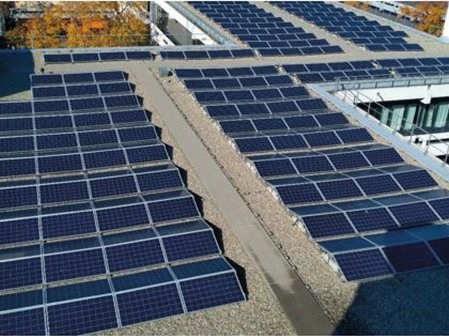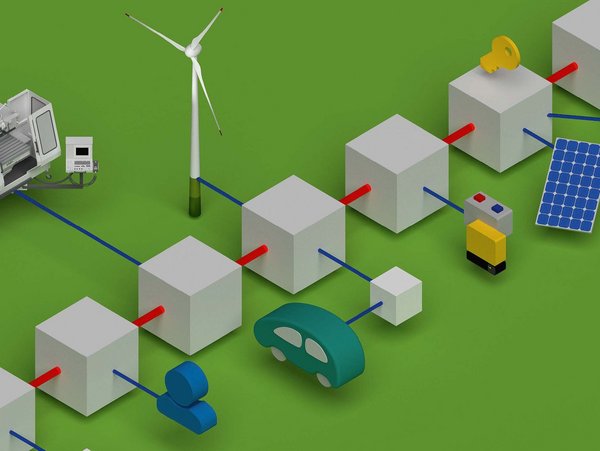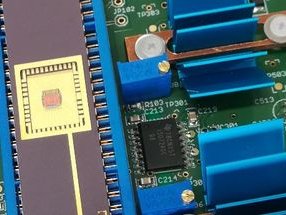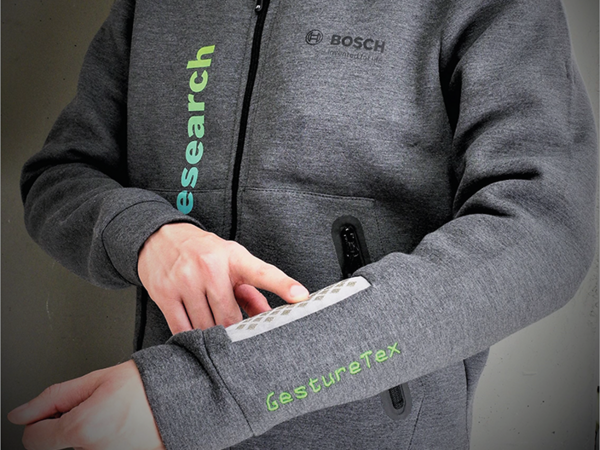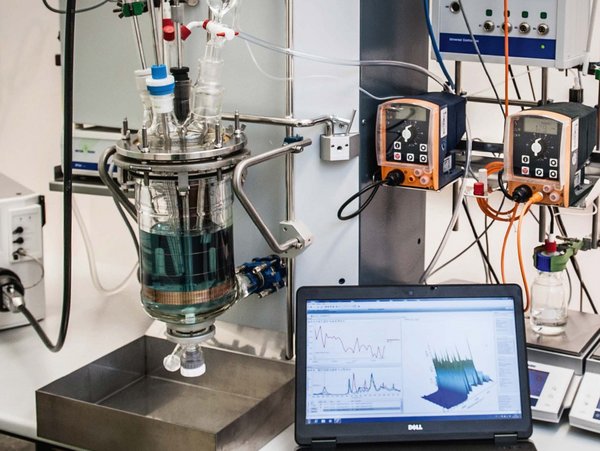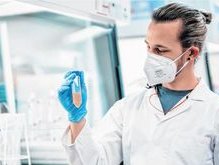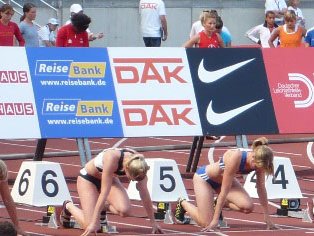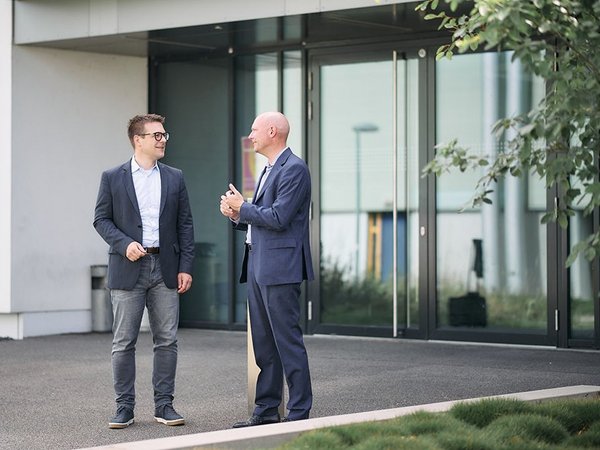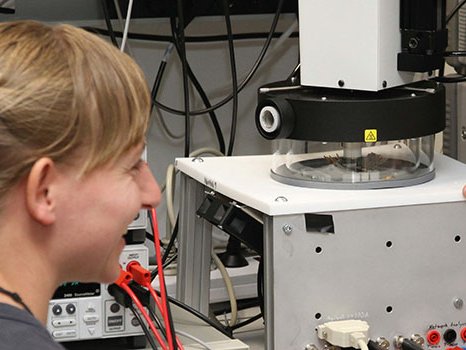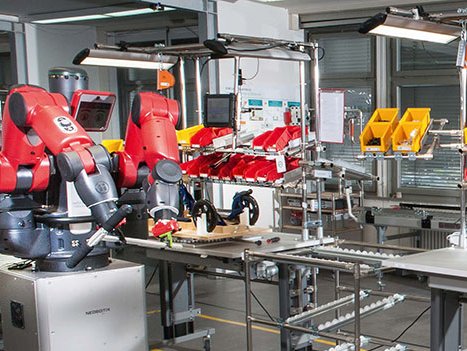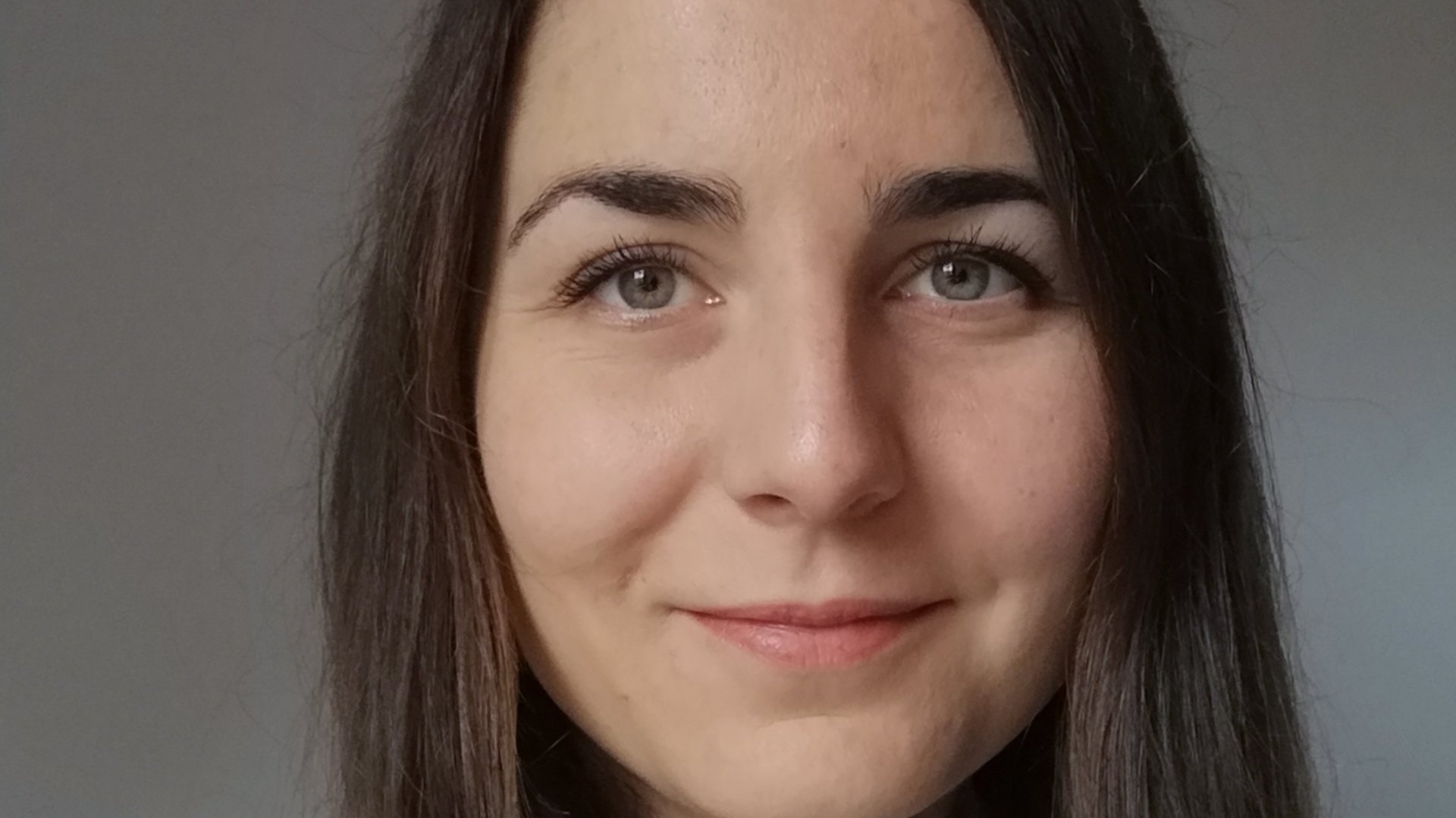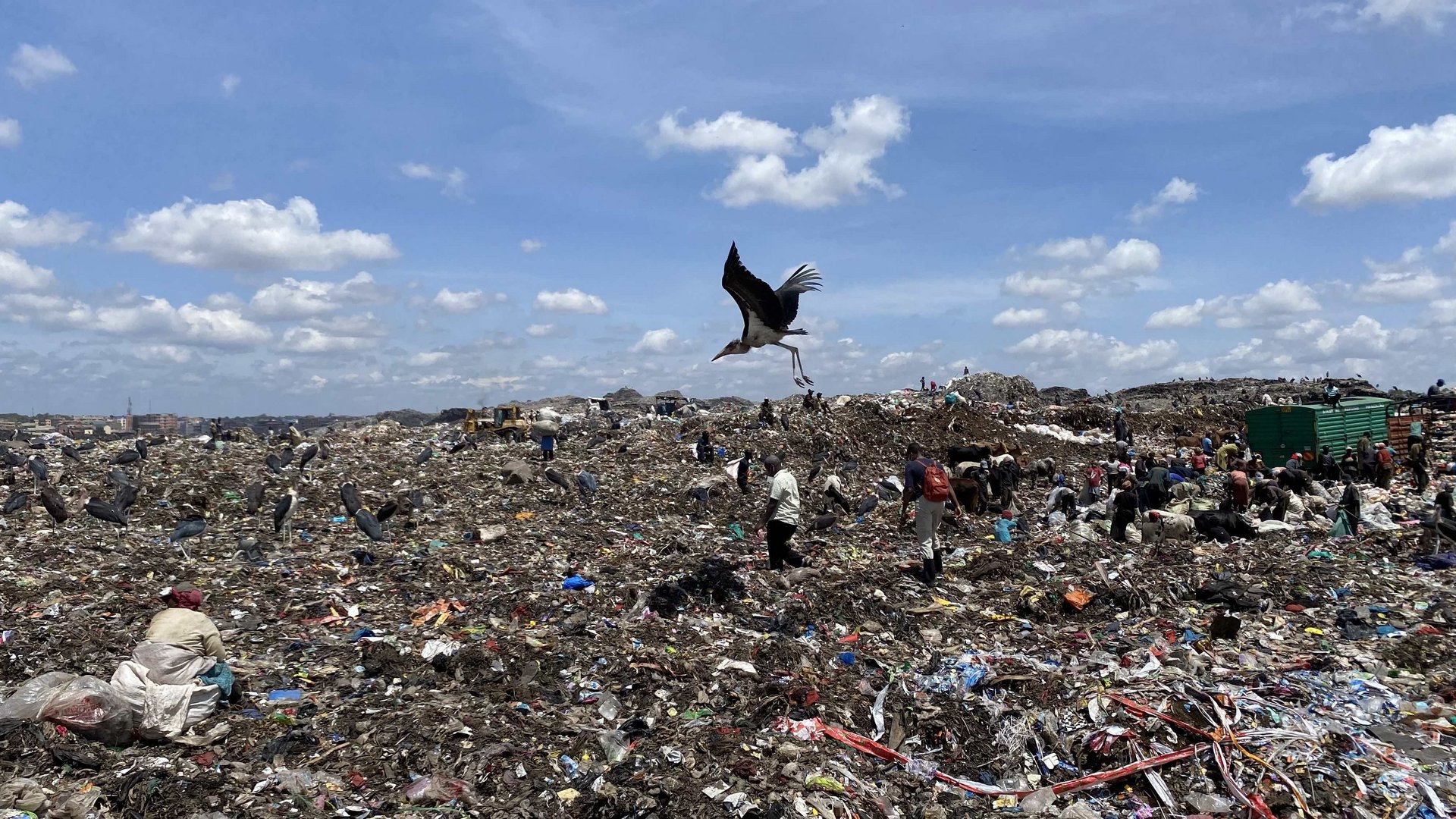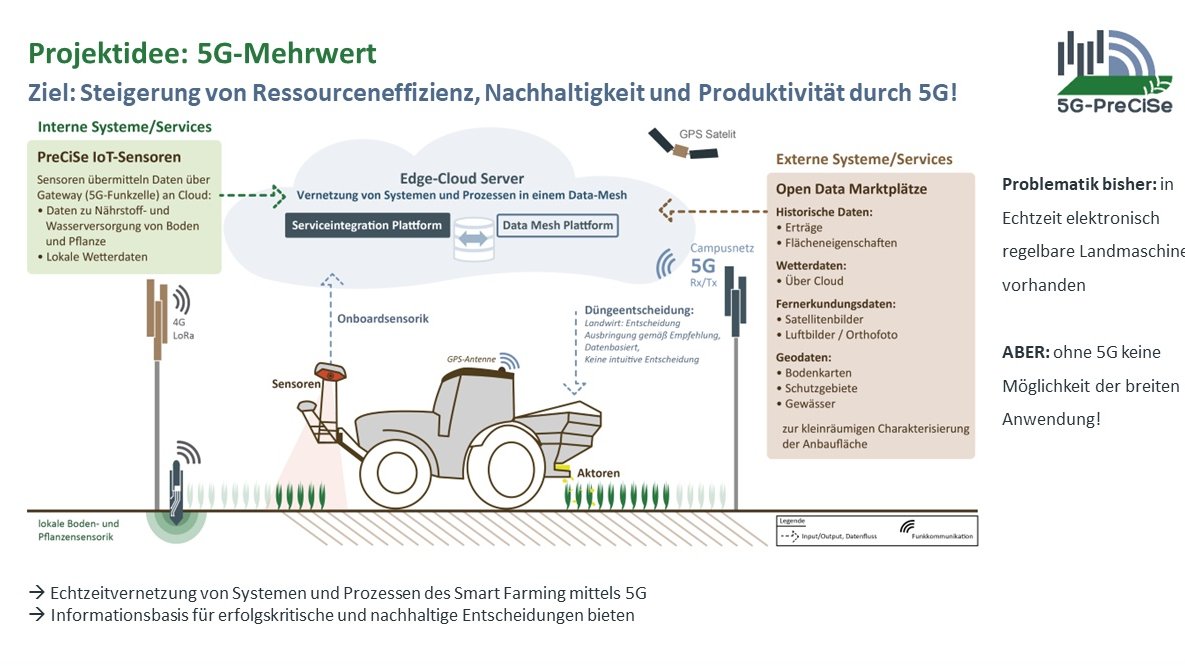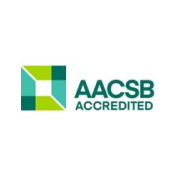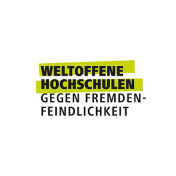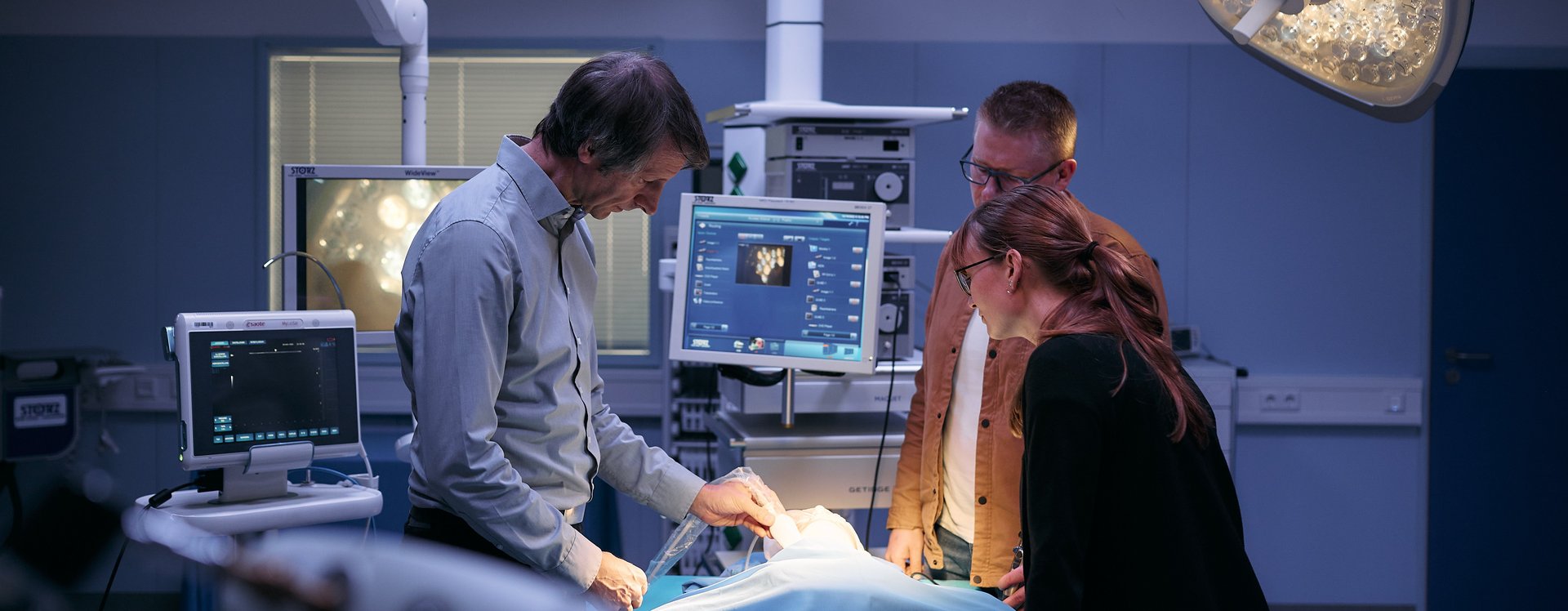
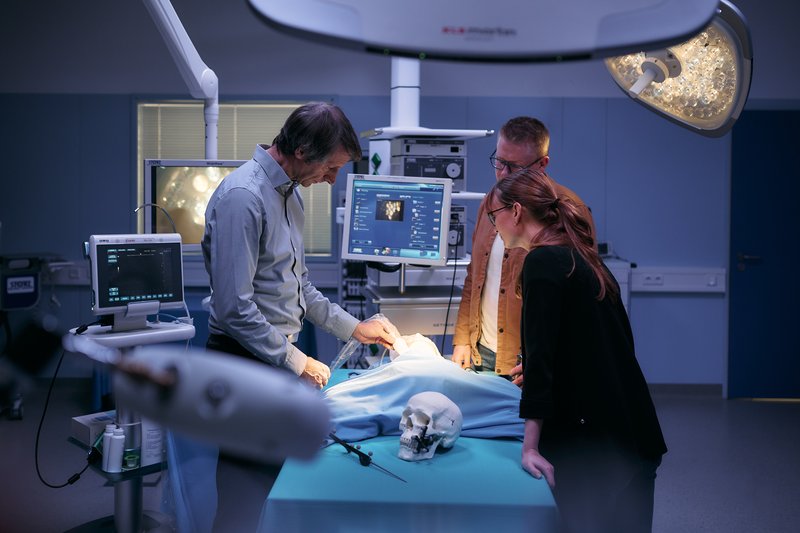
Research at Reutlingen University
Research at Reutlingen University is conducted under the umbrella of the Reutlingen Research Institute (RRI) - application-oriented, practical and closely interlinked with teaching, including on megatrends such as artificial intelligence, digitalisation and climate protection.
News
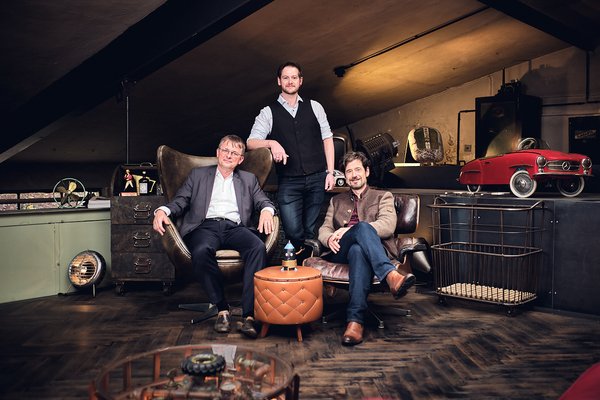
Revolution für den 3D-Druck: Miniaturroboter mit integrierter Elektronik
Carl-Zeiss-Stiftung fördert innovatives Projekt der Hochschule Reutlingen und der Universität Tübingen
Read more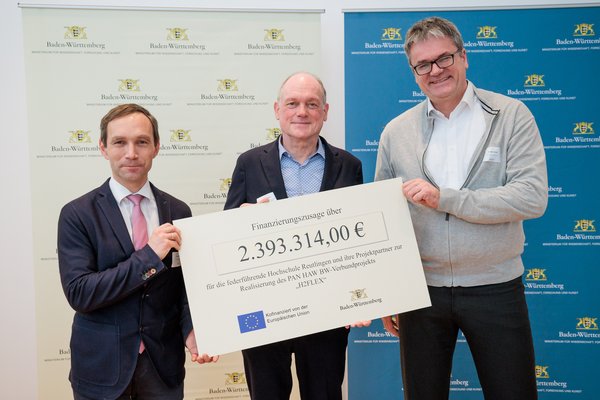
Weitere Förderung für „Flexible interoperable Wasserstofflogistik“
Fakultät Technik der Hochschule Reutlingen wird vom Wissenschaftsministerium für angewandte Nachhaltigkeitsforschung gefördert
Read more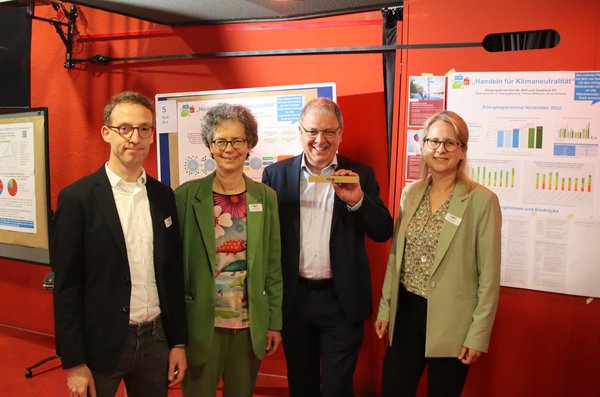
Reutlinger Energiezentrum (REZ) unterstützt Stadt Reutlingen weitere zwei Jahre auf dem Weg in die Klimaneutralität
Klima-Reallabor der Hochschule Reutlingen erhält weitere Förderung
Read more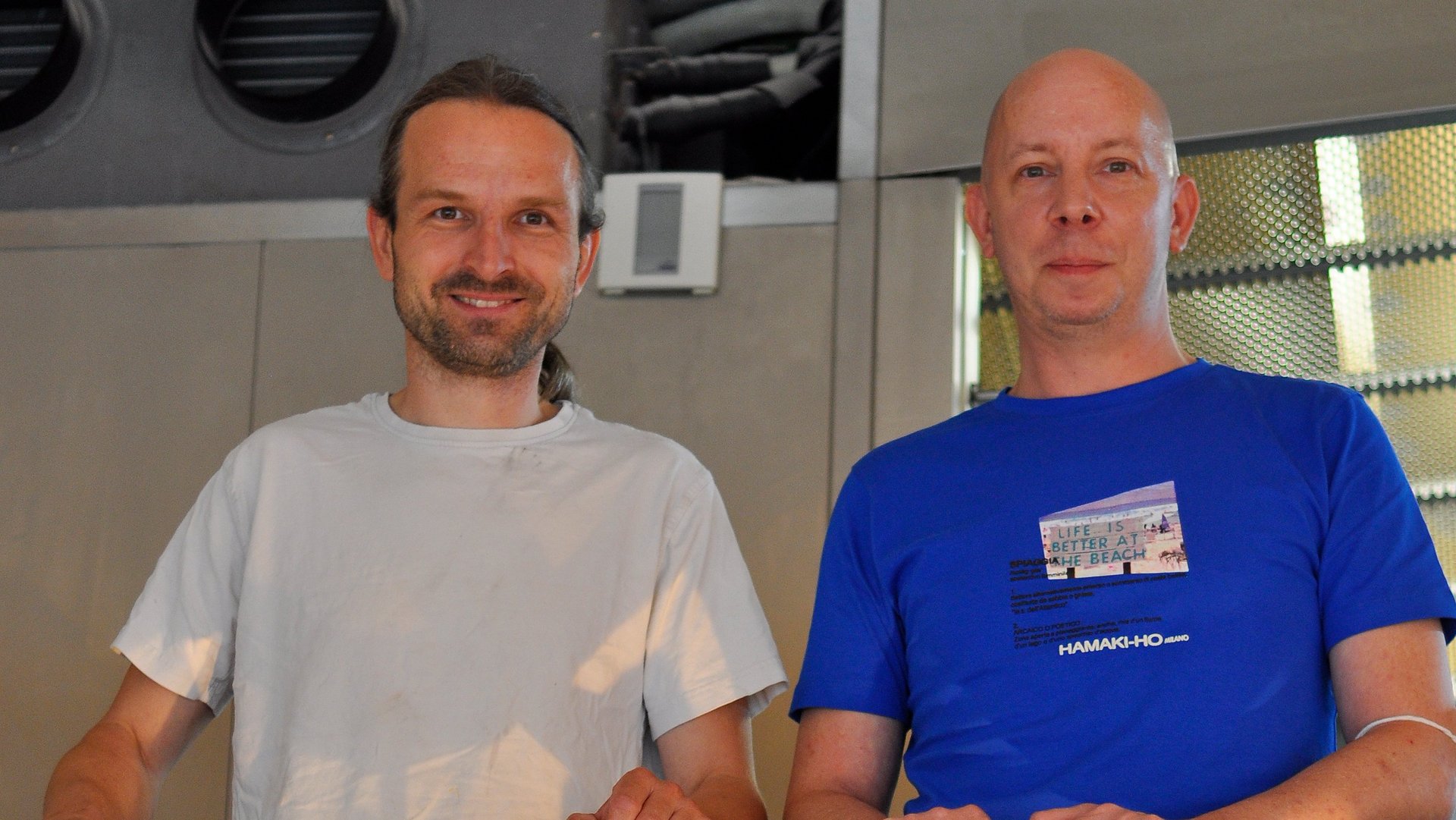
One hundred percent passion for zero energy
Philipp Tiefenbach is a baker and passionate hobbyist. Thanks to his energy-saving ideas, he is a shining example for his industry and many other artisan businesses, says Werner König from Reutlingen University. He is supporting the Tiefenbach bakery in a research project.
